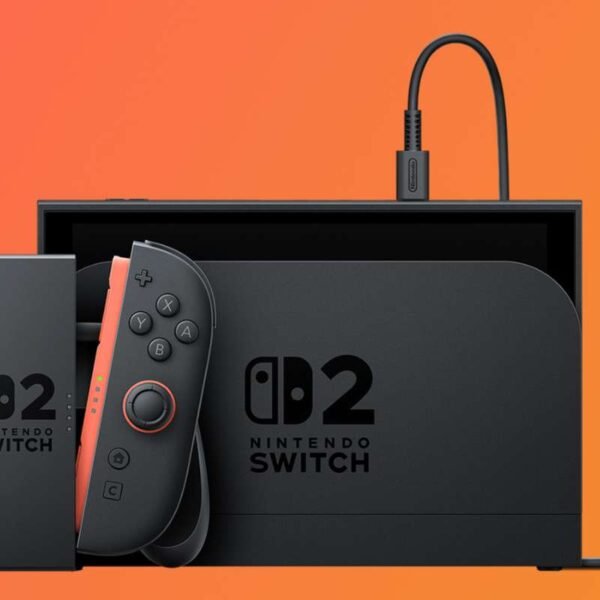In a pivotal antitrust trial that could mark a seismic shift in the technology sector, government regulators are challenging Google, aiming to curb what they allege to be the company’s monopoly in the U.S. online search market. As the trial, set to last 10 weeks, reaches its midpoint, the future remains uncertain for one of the world’s most dominant tech companies.
The Trial
The trial revolves around Google’s business practices and the potential consequences if U.S. District Judge Amit Mehta sides with the Justice Department. The implications could be far-reaching, opening up new avenues for consumers and businesses to explore information, entertainment, and commerce online.
Luther Lowe, Senior Vice President of Public Policy at Yelp, and a vocal critic of Google, envisions a scenario where the judge compels Google to allow more startups and third-party competitors into the market. According to Lowe, this increased competition would lead to higher quality online services, benefitting consumers and fostering innovation.
Google’s search engine, a cornerstone of internet navigation for billions, achieved its market dominance not only through technological innovation but also by making substantial annual payments to secure its position as the default search engine on the world’s most popular smartphones and web browsers.
Million Dollar Payments
At the heart of the Justice Department’s case are these multi-billion-dollar payments, with Google allegedly paying between $15 billion to $20 billion annually to Apple alone. Should the court rule against Google, these agreements might be prohibited, potentially dismantling a key pillar of its search engine dominance.
Experts speculate on potential remedies, with one likely scenario being the requirement for smartphones and web browsers to display various search engine options during the setup process. Europe has already adopted this approach, aiming to give users choices beyond Google. However, initial indications from Europe suggest that, despite alternatives being presented, users continue to overwhelmingly choose Google, either out of genuine preference for its search capabilities or a deep-seated trust in the brand compared to alternatives like Microsoft’s Bing or privacy-focused DuckDuckGo.
Summing Up
As the trial unfolds, the technology industry awaits the potential reshaping of the competitive landscape in online search. The outcome of this trial could have broad implications for digital ecosystems, influencing how businesses operate and how consumers access information in the rapidly evolving online world. The trial, therefore, stands as a critical juncture with the power to redefine the dynamics of the digital age.










